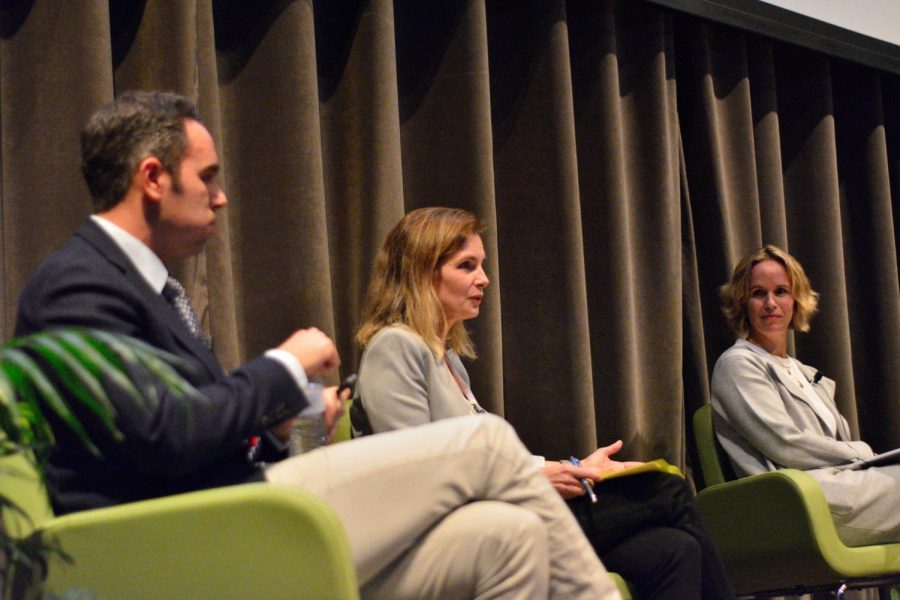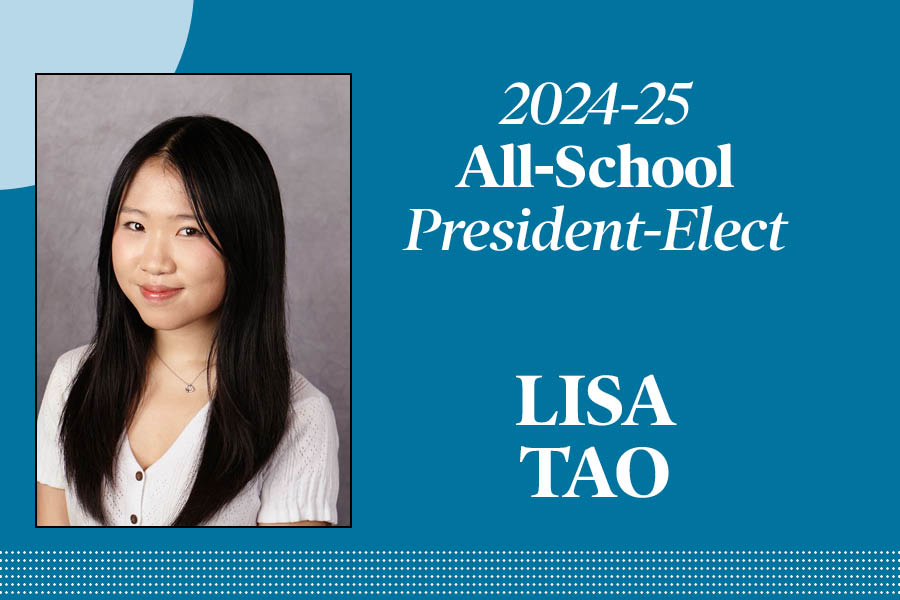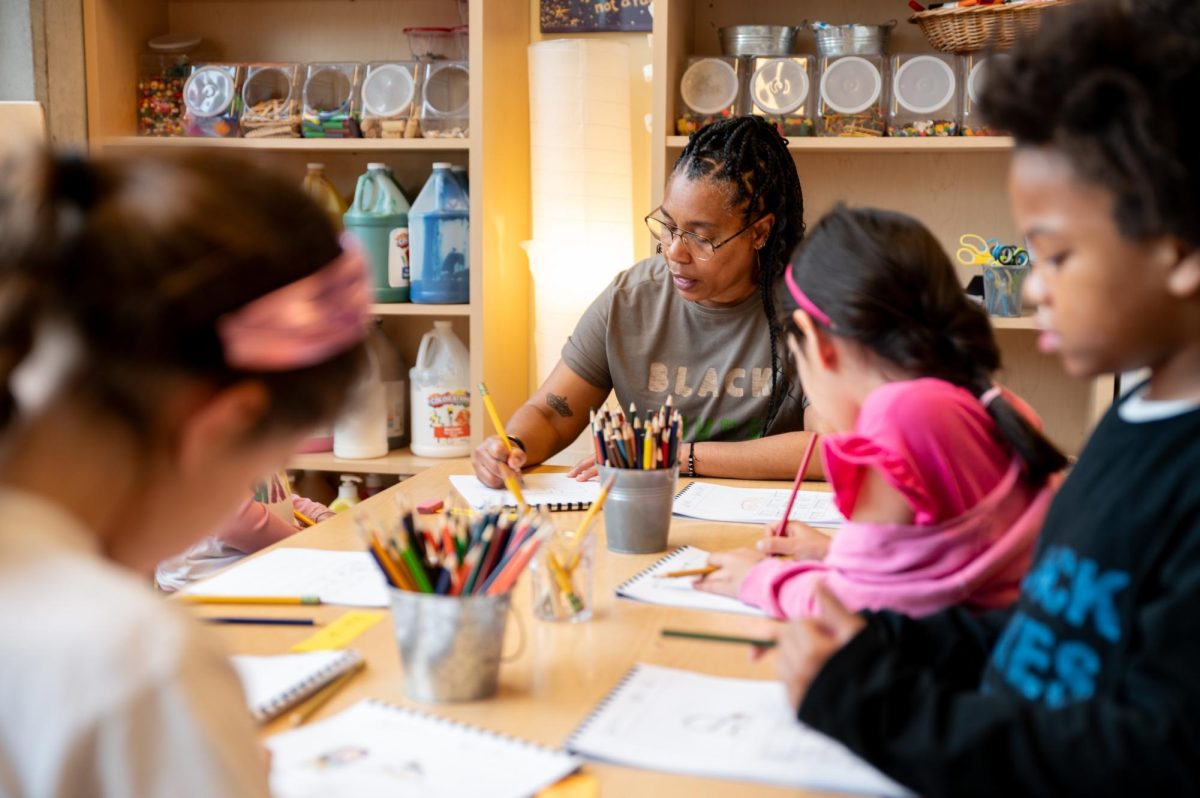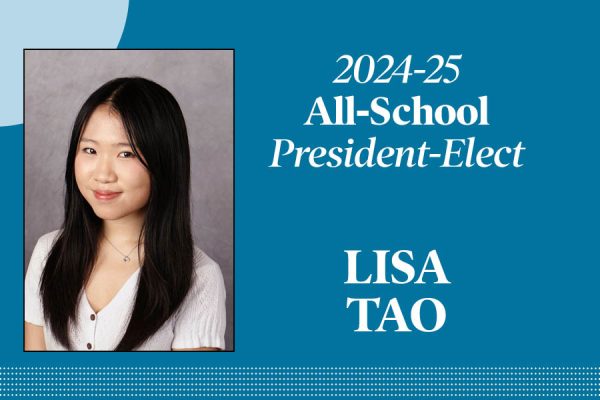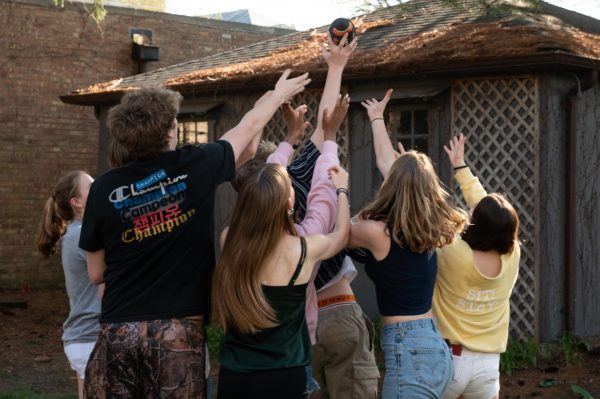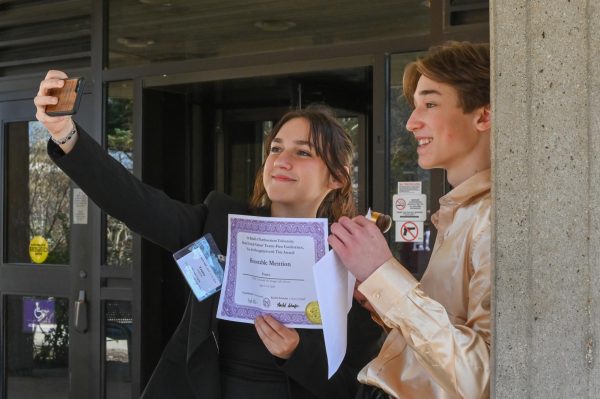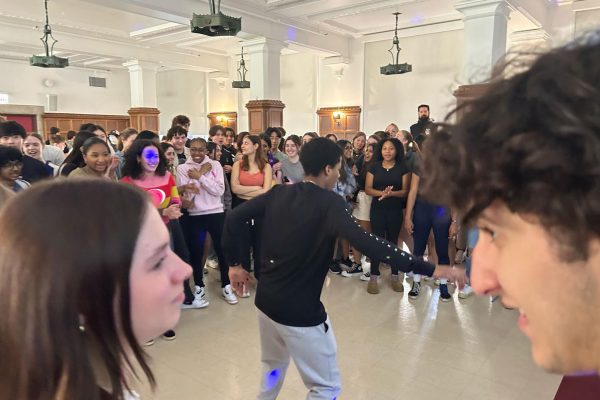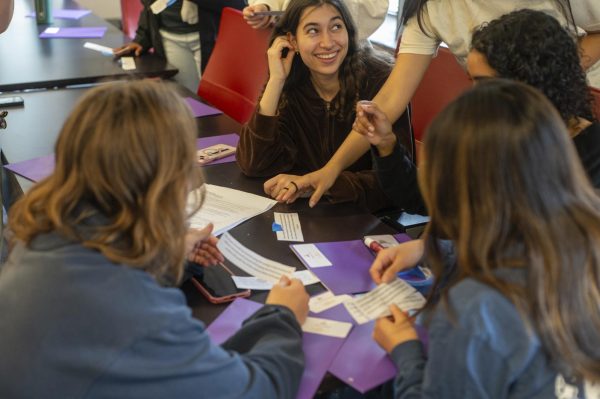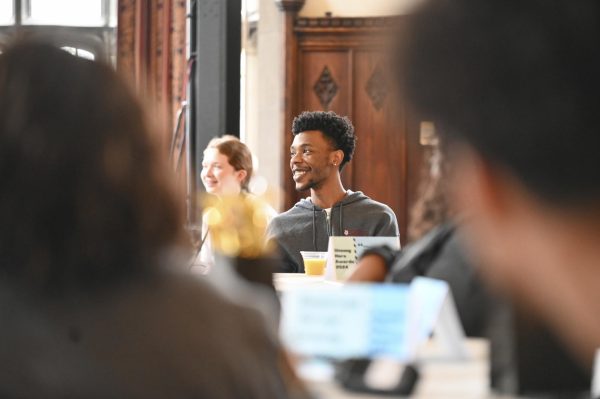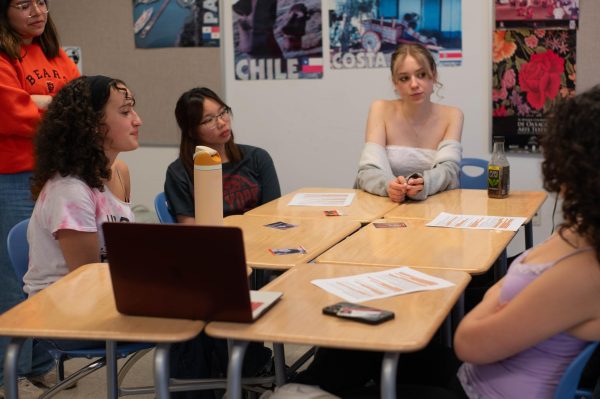Wellness Panel encourages balance, commitment
Noah Rachlin, Dean of Teaching and Learning, Melina Hale, University of Chicago vice provost and Elizabeth Kieff, psychiatrist and medical ethics faculty member, composed the wellness panel Oct. 29, held in Gordon Parks assembly hall.
October 30, 2019
At a school like Lab, everybody knows the importance of academic rigor, but what about wellness? On the evening of Oct. 29, a panel of guests from U-High and University of Chicago faculty discussed this balance in an event sponsored by the Laboratory Schools and the Parents’ Association.
Held in Gordon Parks Assembly Hall, the panelists included Melina Hale, University of Chicago vice provost; Elizabeth Kieff, psychiatrist and medical ethics faculty member; and Noah Rachlin, U-High dean of teaching and learning.
More than 100 parents and Lab Schools faculty and administrators attended the event in person, and nearly 70 more followed a livestream. Moderators for the event were U-High Midway adviser Logan Aimone and assistant editor Berk Oto.
During her presentation, Dr. Kieff put a wellness-themed spin on an old proverb: success can’t always bring happiness. According to her, adults need to do a much better job explaining this to teens. She rattled off a list of achievements, everything from being “the smartest kid in kindergarten” to getting into a top med school — then reminded listeners that none of them indicate a fulfilling life.
“The ‘gold stars’ don’t measure up to ultimate happiness,” Dr Kieff said. “In fact, they don’t matter at all
Dr. Hale’s presentation focused specifically on college, and how excessive pressure to attend top universities harms students. Higher education, she said, should be about finding a school that fits, not necessarily one that’s famous or prestigious.
“There are lots of options and paths that can be terrific but also a bit different,” Dr. Hale said.
Mr. Rachlin highlighted an upward trend in mental health issues among teens, especially those attending high-achieving schools. During the Q&A session, he emphasized the importance of continuing the conversation.
He said, “There is no silver bullet. This is going to require a lot of silver bullets….We need to do something that is really simple, but is not easy at all, which is to truly, truly commit to this. We need to not just say we care about health and well-being in evenings like this.”



